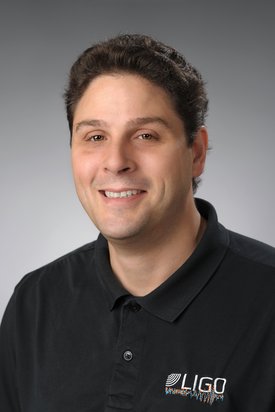
Stefan Ballmer
DEPARTMENTS
- Physics
Entries in the areas listed below (other than biography and books) are selections delimited to the last five years. Consult the faculty member’s biography, listed website(s) or CV for additional information.
